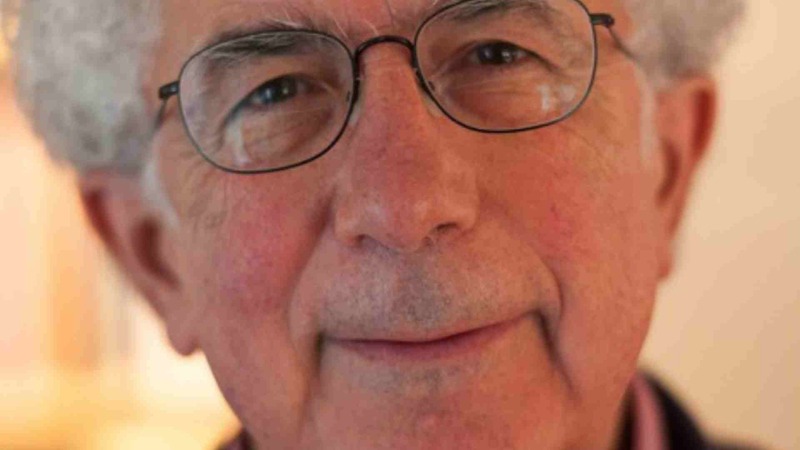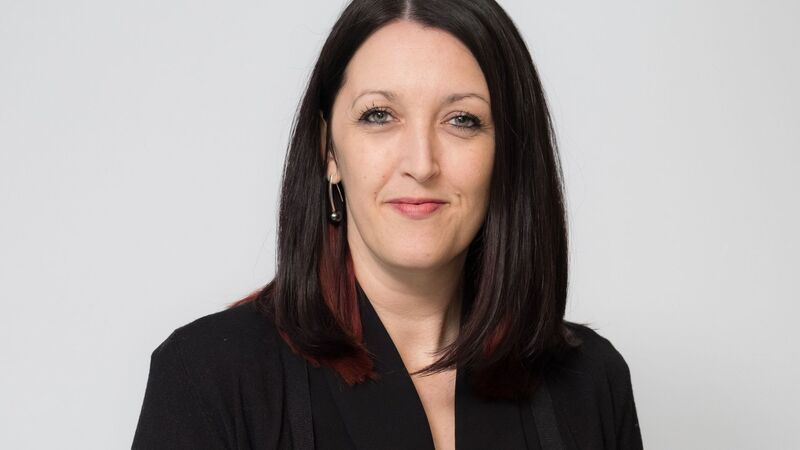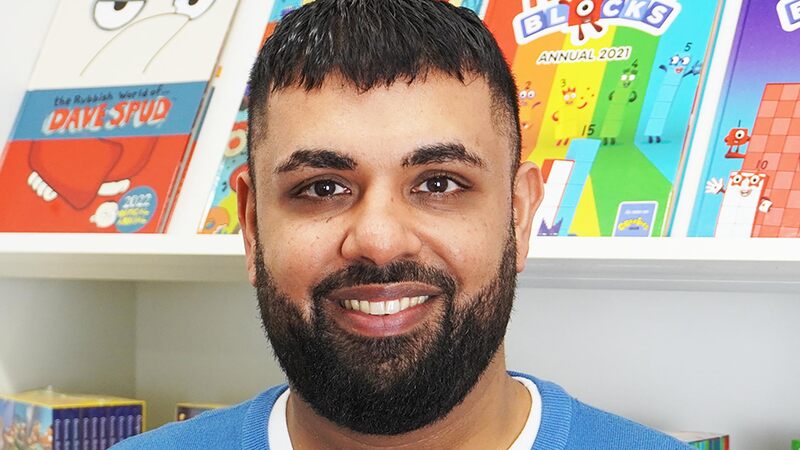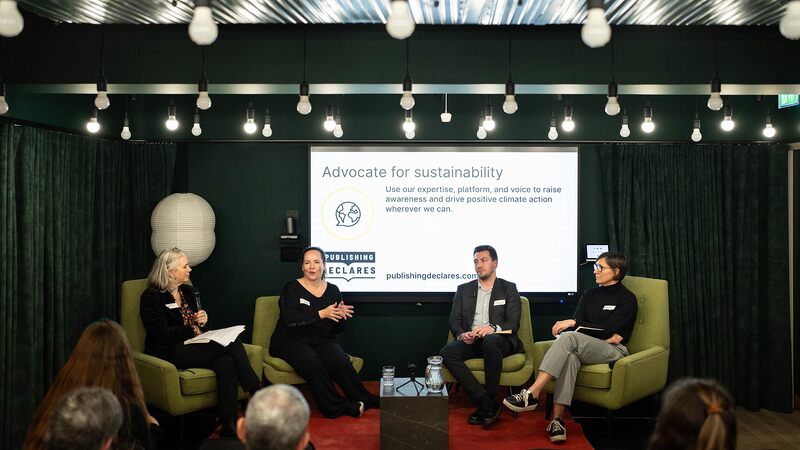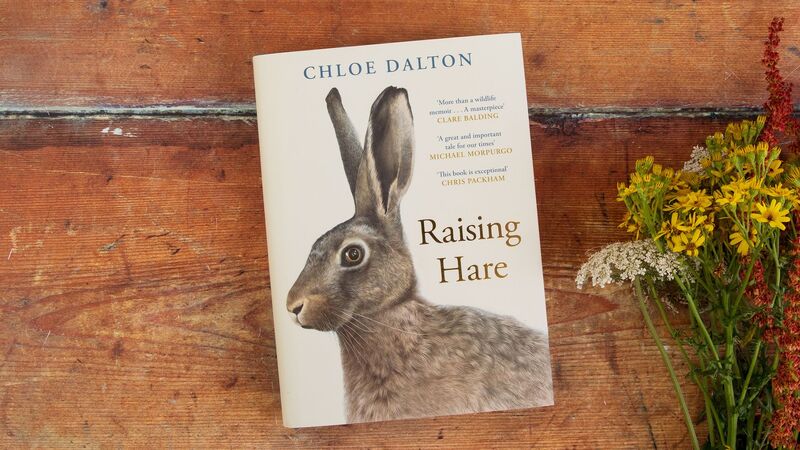You are viewing your 1 free article this month. Login to read more articles.
My New Year wishlist
The past year saw promising progress for disabled and chronically ill writers — here’s what we need in 2023.
Another 12 months have gone in a flash, faster it seems than free booze at a publishing party. The end of a year and the beginning of a new one is traditionally a time for reflection on what’s past and planning for what’s to come. For authors with disabilities and chronic illnesses it has been a packed busy year with steps taken towards greater visibility for us and accessibility in general for the publishing world. Yet occasionally it has felt like one step forward and two steps back.
Take Covid-19 for example. While a lot of people have enjoyed returning to physical events, networking, and necking back the warm white wine at the aforementioned party, others medically classed as vulnerable are still shielding. Risking their health to go somewhere where face masks aren’t being worn and there’s no social distancing isn’t worth it. "Covid isn’t over!" is a message disabled and chronically ill (DCI) writers want the profession to take on board in 2023, along with an openness to ask all writers what their needs are when it comes to things like accessibility, covering not only physical disability but illnesses and neurodiversity.
We have to bring up our requirements again and again to different people every time we gain work with a publisher, agent or festival. We’d like to see access riders become the norm, where employers automatically ask everyone if they have one at the beginning of a conversation. An access rider is a document that comprehensively explains a person’s access needs. A free template is downloadable from Disability Arts Online. Agents and publishers could start by giving this out to all their authors.
This year saw the sad closure of the Blue Peter Book Awards, which brought to the world Elle McNicoll’s groundbreaking A Kind of Spark with an autistic heroine in 2021. McNicoll, however, responded brilliantly by launching the Adrien Prize for children’s literature with disabled leads. It’s wonderful to see the number of prizes open to disabled authors growing. Also new this year were the Disabled Poets Prize, launched by Jamie Hale, and the ADCI Literary Prize for novels written by a disabled or chronically ill author with one or more disabled characters, which I co-founded with Clare Christian. These add to the Barbellion Prize, founded in 2020 for furtherance of ill and disabled voices in writing.
A hybrid format opens up festivals to a worldwide paying audience. Will all festivals grab the opportunity? The next year will be very telling
The launch of the Inklusion Guide by Ever Dundas and Julie Farrell at the Edinburgh International Book Festival in August, sponsors for which included Penguin Random House, was an emotional moment in a room packed with DCI writers and allies. Inklusion complements the #KeepFestivalsHybrid guide to putting small events online and Cryptic Arts’ Being Hybrid guide. "Now there’s no excuse," said Dundas. We’ll see in 2023 whether these guides are taken to heart in the profession and all festivals work towards a hybrid offering. #KeepFestivalsHybrid and Inklusion are currently working on an "opt-in" web guide to 2023 Hybrid Literary Festivals, relying on festival organisers to fill in a short survey. Festival-goers will then be able to see at a glance which literary festivals are accessible for them, whether for disability reasons or others such as living far away. A hybrid format opens up festivals to a worldwide paying audience. Will all festivals grab the opportunity? The next year will be very telling.
There have been more initiatives in 2023 to encourage unpublished DCI writers into the profession, with training and development programmes such as The Literacy Consultancy’s mentorship with Chloe Timms. Getting your foot in the publishing door is difficult for all authors, but especially so for disabled/ill writers without industry contacts or knowledge. Too often they feel excluded from the industry or writing about disability. I’d like to see more of the same in 2023 but also with an extra emphasis on retaining newly published authors, with mentoring and advice to climb the ladder for a long career.
High on next year’s wishlist is cash. Chatting to a non-disabled author recently she worked out that if she doesn’t earn any royalties on top of her advance then she’s earned the equivalent of £1.01 per hour for her book. Contrast that with the 2023 national minimum wage from April, which is £10.42. No wonder people on low incomes, which statistically disabled people are more likely to be, can’t afford the time to write.
This year has seen a renewed focus on trying to improve the salaries of publishing staff in the early years of their careers. If publishing really wants to make the profession more accessible it will apply that effort to writers as well and ensure that we are paid a living wage. All too often it’s assumed that authors have another source of income. For example an author recently rushed to meet a deadline to deliver her novel, only to find that her publisher then pushed the publication date back a year, meaning she has to wait 12 months longer for her final payment than she had budgeted.
Here’s hoping that 2023 will be a good one for disabled writers, consolidating and building on this year’s small steps and successes. For us, that’s worth far more than half a bottle of free party plonk.













